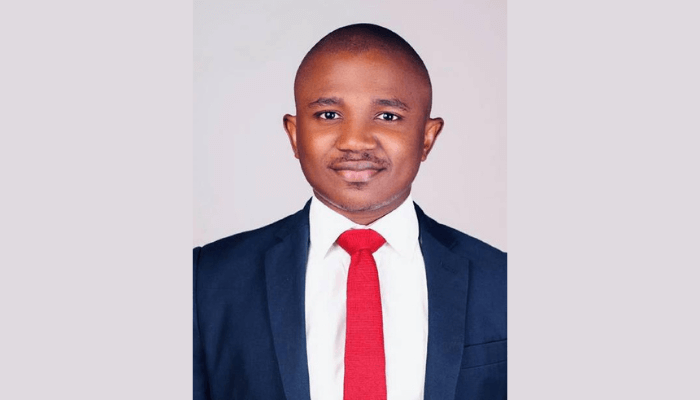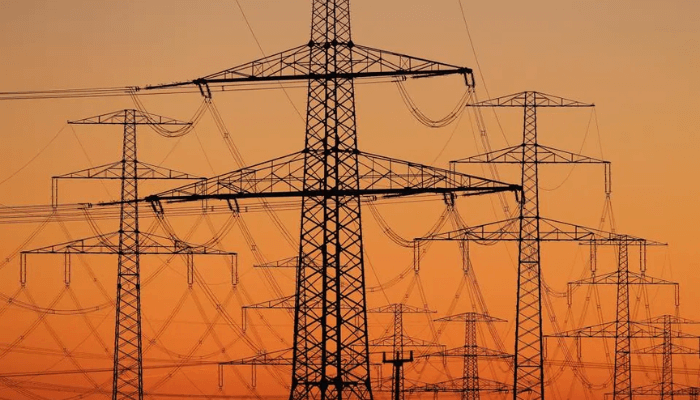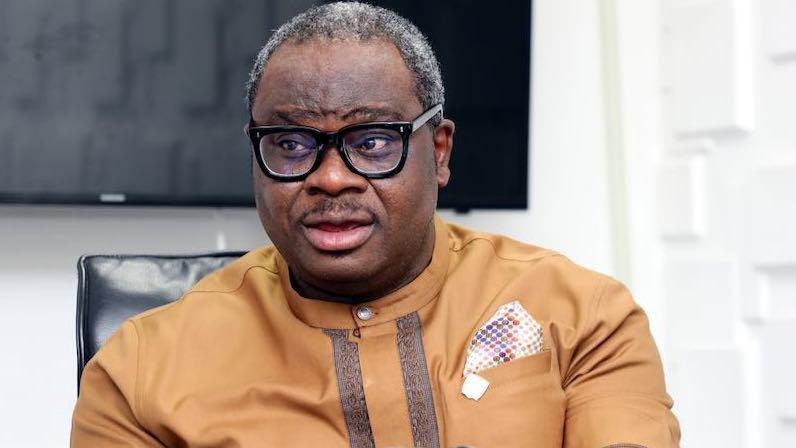Experts are raising concerns over increasing power output rejections by electricity Distribution Companies (Discos) and are now urging the Transmission Company of Nigeria (TCN) and the Discos, to work towards identifying priority areas to channel power loads, to avoid rejection of unutilised energy.
In the past few weeks, the TCN and the Discos have continued to trade blame over the rejection of electricity output, worsening the already epileptic power supply around the country.
At the moment, some 16,729 megawatts of electricity have reportedly been wasted just within seven days, particularly from 18 to 24 September, according to updates on the national grid by the Transmission Company of Nigeria.
Chuks Nwani, an energy lawyer, told BusinessDay, that “As a matter of urgency, both the TCN and the Discos should sit and identify priority areas for power load channeling, to avoid this embarrassing situation.
“The Discos have their target areas, they should work with the TCN to transmit these power loads to the areas in focus. For instance, you cannot transmit power needed in Ikoyi to Ajegunle, if there is no need or the Discos are not sure of even recouping the money of distributed power to the area,” he adds.
Nwani further said, “Remember the Discos are in business, during the last discussion I had with them, they complained about their balance sheets and how heavy chunks of their revenue go into salary payment. Till the power sector normalises and stabilises, both parties should sit down and re-strategise on priority areas for loads.”
Abimbola Odubiyi, the director of corporate services, at the Abuja Electricity Distribution Company (AEDC) argues that problem does not entirely lie with the Discos’, considering efforts they have made on transmission infrastructure, to ensure that whatever the receive from the TCN also gets to the customers.
“The rejection of power output is a wrong terminology. What we are distributing is what we get. There could be likelihood of occasional faults in the distributing channels, just like it also happens in transmission. But we are addressing all the technical hitches,” Odubiyi told BusinessDay.
“Let me tell you, when we took over, virtually all the transformers were broken down .We have spent not less than N5bn in procuring necessary infrastructure to ensure we are distributing what is being transmitted to us. There could be occasional breakdowns of infrastructure, but we have our rapid response unit responding adequately to consumer needs.”
“If you recall, the Nigeria Electricity Regulatory Commission, (NERC) conducted a stress test on what each Disco should carry. We were allocated 900 megawatts, and I can tell you we could carry all of that, with the infrastructure we have,” he further explained.
Experts, however, insist that since government owns a significant portion of these assets throughout the value chain; it should demand for improved communication, especially for load (power) delivery and acceptance among players in the chain.
They suggest that government, through the regulator, could substantially raise the penalties for a Disco which refuses to load from the system operator, as well spell out penalties for TCN, if any load is rejected on account of system constraints.
Emeka Okpukpara, partner, NEXTIER Power Dialogue, observed that improper communication among the three major parties in the value chain is the root cause of the rejected power issue.
“The TCN plays a vital role in moving the energy through the value chain. The National Control Centre at times is not aware of the demands of various Discos, and this is a major source of worry, “he said.
BusinessDay findings show that the TCN has appointed an interface of focal persons to boost power distribution against the backdrop of the lingering concerns of load rejection.
According to the TCN, the interface focal persons have been mandated to resolve and minimise technical challenges, expand the load and promptly attend to distribution interface issues with Discos, in order to ensure that Discos deliver more power to consumers.
The Transmission Company had raised concerns that the rejection of power for distribution by the Discos was subjecting its transmission facilities to excess frequency, due to storage and none distribution of power generated by the Discos.
TCN sources also maintained that the Discos should expand their investment capabilities and acquire more 33KV and 2*15MVA,33/11KV substations, to be able to absorb more loads and direct them to energy consumers.
HARRISON EDEH, ABUJA









